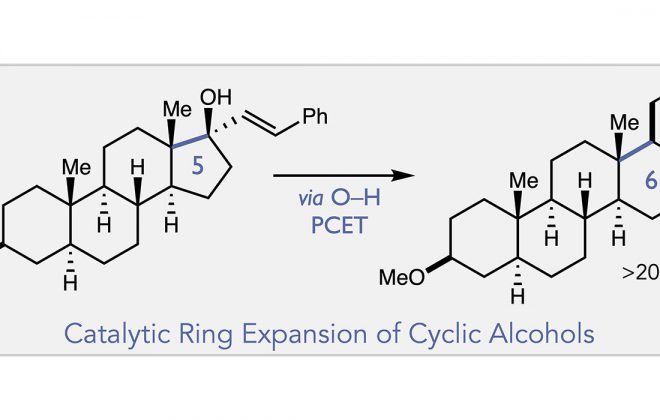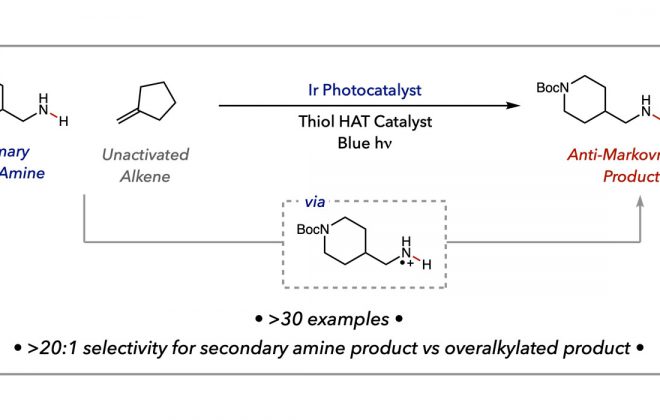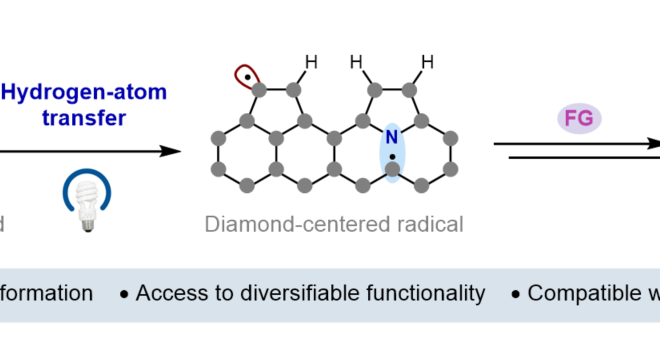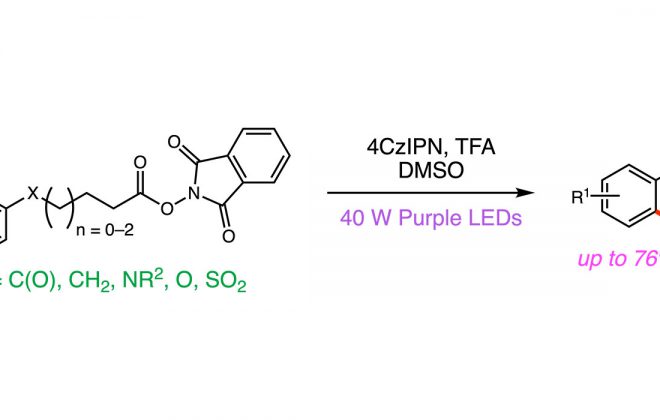11. Proton-Coupled Electron Transfer in Organic Synthesis: Fundamentals, Applications, and Opportunities
David C. Miller, Kyle T. Tarantino, Robert R. Knowles:
https://www.readcube.com/articles/10.1007%2Fs41061-016-0030-6
ABSTRACT: Proton-coupled electron transfers (PCETs) are unconventional redox pro-cesses in which both protons and electrons are exchanged, often in a concerted ele-mentary step. While PCET is now recognized to play a central a role in biological redoxcatalysis and inorganic energy conversion technologies, its applications in organicsynthesis are only beginning to be explored. In this chapter, we aim to highlight theorigins, development, and evolution of the PCET processes most relevant to applicationsin organic synthesis. Particular emphasis is given to the ability of PCET to serve as a non-classical mechanism for homolytic bond activation that is complimentary to more tra-ditional hydrogen atom transfer processes, enabling the direct generation of valuableorganic radical intermediates directly from their native functional group precursorsunder comparatively mild catalytic conditions. The synthetically advantageous featuresof PCET reactivity are described in detail, along with examples from the literaturedescribing the PCET activation of common organic functional groups.





